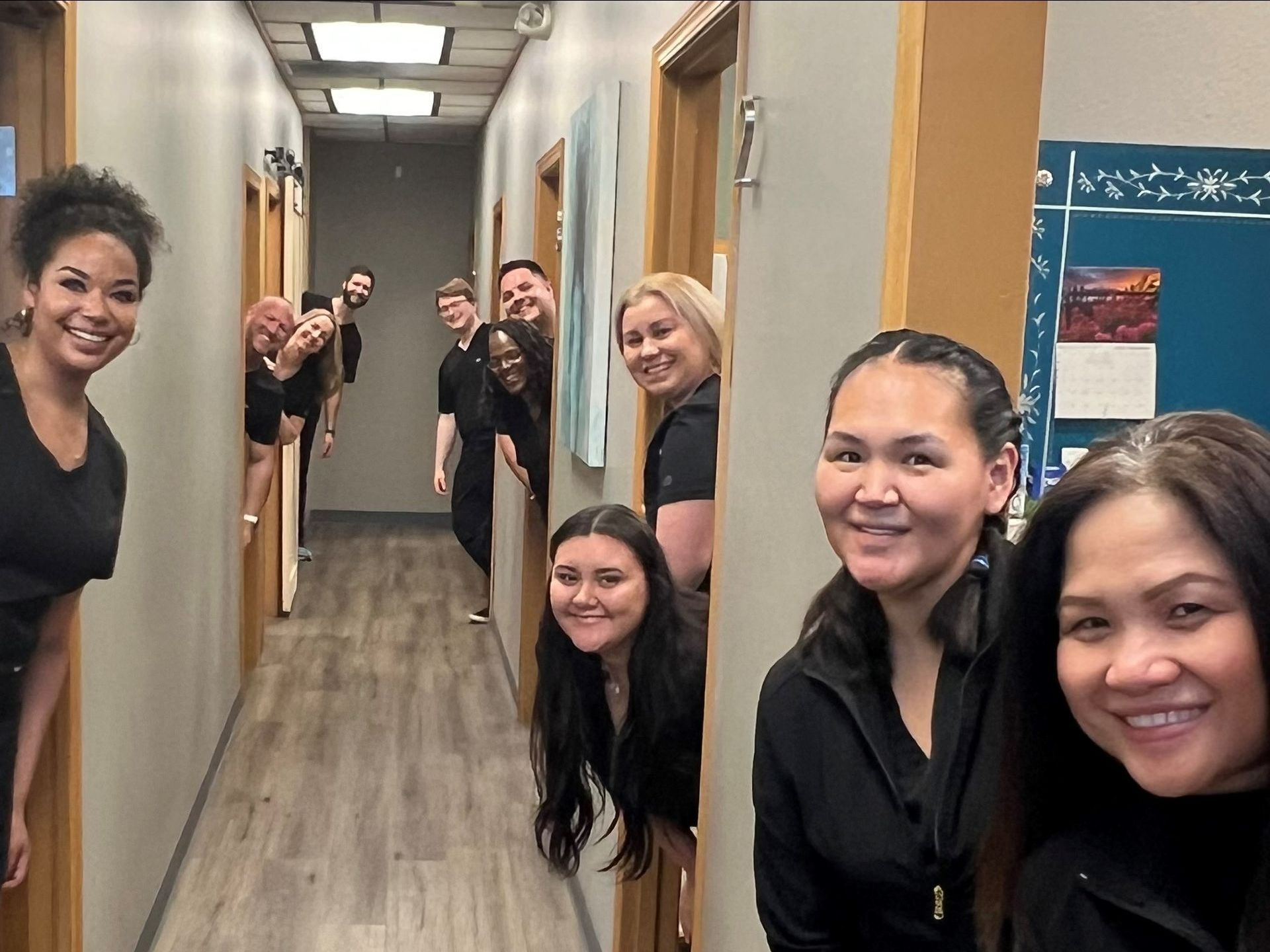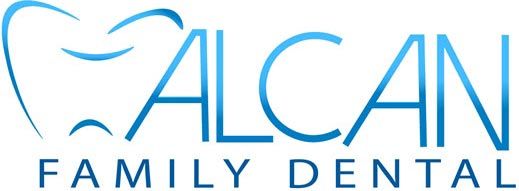Dental Sealants In Anchorage
Dental sealants are plastic coatings that are applied to the narrow grooves found on the chewing surfaces of your teeth. Here, they protect your teeth from tooth decay by preventing bacteria and stray food particles from settling into these grooves. Normally, a person will get dental sealants placed on their teeth at a younger age after their ‘baby’ teeth have fallen out.

Can sealants be applied to all of my teeth?
Your permanent molars are the teeth that are the most likely to be able to benefit from dental sealants. The first molars erupt into your mouth during childhood, usually at the age of around six or seven, while your second molars erupt during your early teens. Dental sealants should ideally be applied once these teeth have erupted.
Can sealants be applied to my adult teeth?
Dental sealants are typically used on children’s teeth. However, this should not stop you from asking your dentist whether your adult teeth can be successfully sealed. Contact us today at (907) 562-4774 to speak with a qualified dentist in Anchorage.
How are sealants applied to my teeth?
The application of dental sealants does not involve the use of a dental drill or the removal of the tooth’s structure. The application process is quick and easy. Following a thorough cleaning of the teeth, a gel is applied to the chewing surface, where it is left only for a few seconds. The tooth is then carefully washed and dried, and the sealant is painted onto its grooves. A laser light may be shone onto the tooth to harden the sealant.
Are sealants noticeable?
When your teeth are viewed from a distance, your sealants will not be able to be seen with the naked eye. Sealants tend to be translucent or white in color, rendering them unnoticeable when you smile, talk, and eat.
Will I be able to feel the sealants with my tongue?
You may be able to feel the sealants with your tongue. However, you will soon forget that they are there. Within weeks, you will not notice them at all. They work great for keeping the tops of your teeth from getting cavities. Sealants are highly recommended.
How long will the sealants remain on my teeth?
Dental sealants should last up to 10 years, after which time they can be reapplied. Every time you have a dental checkup, one of the things the hygienist will do is pick at the sealants to make sure they are still working well. In most cases, sealants can last a really long time without having to be reapplied to the teeth. You can read more about why dental sealants are a must from the NIH here.
Can I stop using fluoride-containing products once I have had sealants applied to my teeth?
Sealants are not a replacement for fluoride-containing dental care products. Sealants prevent bacteria and stray food particles from causing harm to your teeth. You should, therefore, continue using fluoride-containing dental care products once you have had your teeth sealed.
How do sealants fit in with my usual preventive dental care regime?
Sealants are an essential part of your preventive dental care regime, which should include regular brushing and flossing with fluoride-containing products, healthy food choices, and frequent dental checkups.
Are sealants cost-effective?
You may be able to feel the sealants with your tongue. However, you will soon forget that they are there. Within weeks, you will not notice them at all. Sealants prevent decay from permanently damaging your teeth. They can, therefore, save you the time and expense of undergoing dental fillings. Dental fillings are not a permanent solution to your dental problems, as your teeth become more prone to breaking each time they are drilled and filled.
Can sealants be used to correct my decaying teeth?
Sealants cannot be applied to decaying teeth. The application of sealants is a preventive measure and cannot correct decay already underway.
Are dental sealants a replacement for dental crowns?
Sealants are different than dental crowns. A dental crown fixes a damaged tooth, while a sealant is something that helps protect the tooth from becoming damaged in the first place.
If you have any questions about your teeth or sealants, then give us a call or contact us through our contact form or call (907) 562-4774.
Browse Our Website
Contact Information
Phone: (907) 562-4774
Email: info@alcanfamilydental.com
Address: 2819 Dawson Street Anchorage, AK 99503
Business Hours:
- Mon - Fri
- -
- Sat - Sun
- Closed
Emergency & Walk-Ins Available






